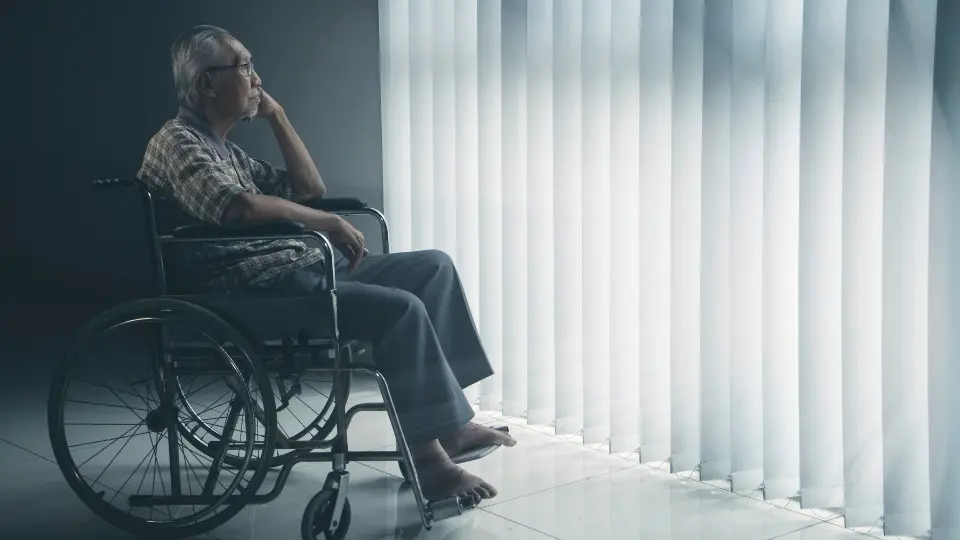Getting diagnosed with Dementia or Alzheimer’s disease is a life-changing event. It changes the lives of not only the person who has been diagnosed with dementia but also everyone around them, especially the primary caregiver. Studies say every 3 seconds, someone in the world develops dementia. Worldwide, around 55 million people suffer from Dementia.
Dementia is a term used to describe a group of symptoms affecting memory, thinking, and social abilities which makes it difficult for an individual to lead a normal life. It is not a specific disease, but several diseases can cause dementia. Alzheimer’s disease is the number one cause of irreversible and progressive dementia in older adults. There are other types of dementia as well like Fronto Temporal Dementia(FTD), Lewy Body Dementia, Parkinson’s Dementia, Vascular dementia, etc. All these types are irreversible dementias that progress to an advanced stage.
Caring for someone with dementia is very challenging although awareness about Alzheimer’s and dementia has increased significantly in the past. Unlike other neurological disease conditions, Alzheimer’s gradually affects every aspect of a person. Be it memory, personality changes, behavioural issues, thinking and reasoning, judgment, problem-solving, language abilities, or social behaviour, it changes them completely as the disease progresses. This is where the importance of activities, meaningful engagement, and the need for a well thought daily care plan comes into the picture. Also, this is of course the most difficult part to manage when it comes to the caregiving of an individual with dementia and this is the stage where the caregiver seeks professional help from dementia care providers. Caregivers often find it difficult and challenging on what and how to plan and implement the care plan.
Meaningful engagement and a custom-tailored care plan are equally important for an individual with dementia or Alzheimer’s. It not only helps to slow the progression of the disease but also helps in managing challenging behaviours and helps to provide a quality of life. Taking the person as a whole being and not just as a patient with dementia is very important. Getting to know the person in detail is very important when planning daily care and especially when planning activities. We need to go into every detail like their preferences, likes, dislikes, triggers, etc. Every available information is very important though some may seem insignificant, and plays a major role in planning their care and activities. For example for someone who never liked cooking, we can’t force them to do a cooking-related activity, for someone with FTD and good intellectual functioning we can’t ask them to do an activity that seems beneath their cognitive abilities. Another example is someone who never liked to take a shower in the morning and is asked by the caregiver to take a shower in the morning. These minor scenarios are enough to trigger a bad day and cause challenging behaviours which affect the overall well-being of an individual. So the bottom line is that every individual is different, and one size doesn’t fit all. Care plans and activities should be custom tailored considering the stage of dementia, physical and mental capabilities, and personal interests.
Currently, there is no cure for dementia, though research is going on to find a cure. As mentioned above, introducing a good care plan which focuses on the physical and emotional well-being of the person with dementia is of utmost importance. Consistent and well-planned activities along with meaningful engagement, medications, and a nutritious diet slows the stage progression from diagnosis to end-of-life care and aids in comfort and quality of life.
About the author: Chinchu is an experienced healthcare professional, passionate about Dementia and eldercare. After her graduation in Nursing, she worked with leading healthcare organizations in India. She was the Facility Manager at a senior living startup in India and led the clinical operations for a memory care home. Currently, she is part of the founding team at Careflick, leading the dementia care program.
Chinchu holds a Bachelor of Science in Nursing from Rajiv Gandhi University of Health Sciences. She has also earned certification in dementia care from Swedish Care International.





1 comment
Comments are closed.